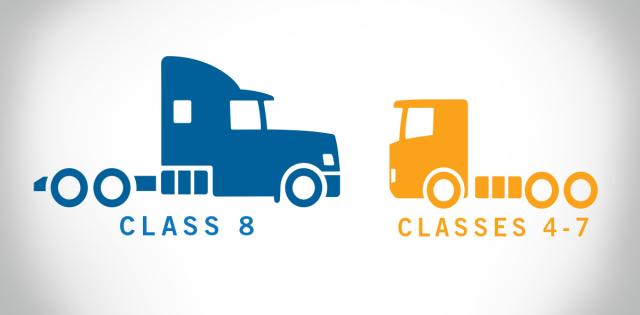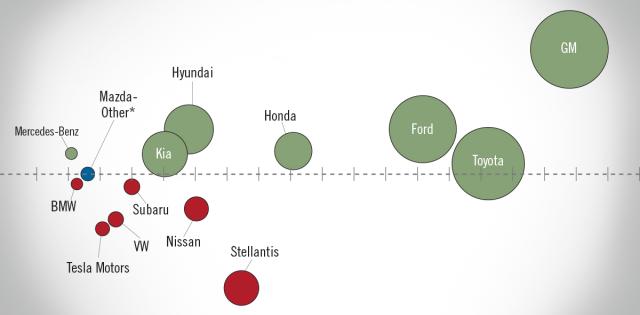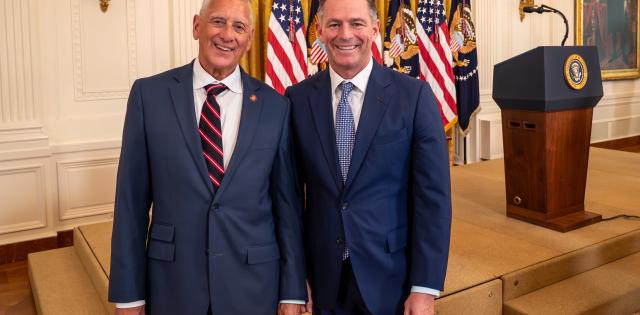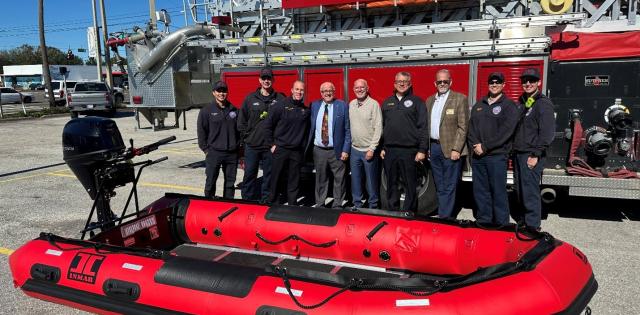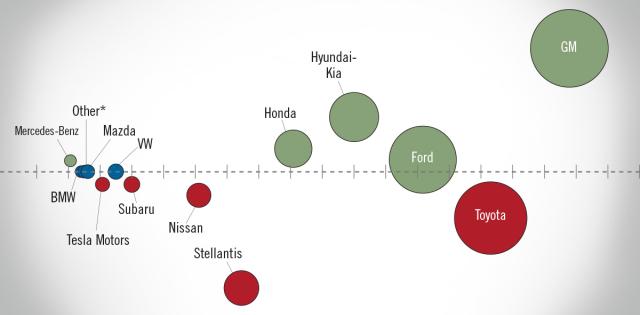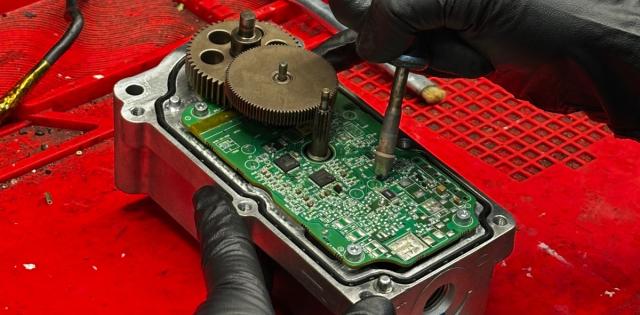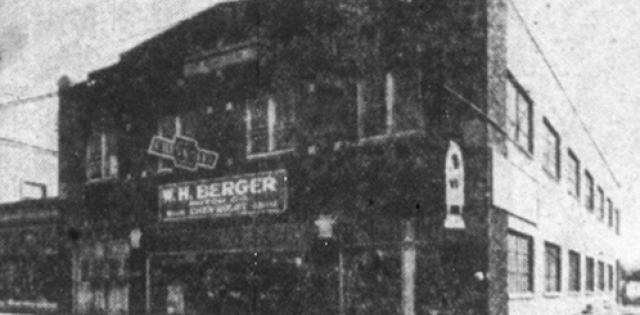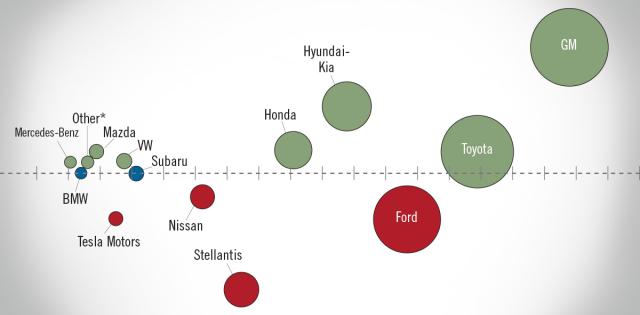Hot on the heels of the successful passage of last year’s tax reform bill, NADA and its advocacy team pivoted to other policy fronts this year, and continue to advocate on behalf of dealers before Congress, the federal government, the media and the public.
“Every day on Capitol Hill and in the regulatory agencies, officials are making decisions that have the ability to greatly affect our lives and our industry. I believe we have a responsibility to have a seat at those meetings, and our advocacy and outreach efforts are how we get that ‘seat,’ ” says NADA President and CEO Peter Welch. “By telling our stories and showing policymakers what we do and how we do it, we help keep them focused on the things that matter most to dealers and consumers.”
Opposing Auto Tariffs
Trade actions, and particularly potential tariffs on automobiles and auto parts, continue to be one of the primary policy battles NADA is engaged in.
During testimony before the Department of Commerce in July, NADA’s Welch urged the Trump administration to find ways to address “genuine trade concerns” without imposing auto tariffs that would only hurt American consumers and small businesses.
“NADA recognizes the importance to the United States of leveling the trade playing field; eliminating unfair trade practices; and keeping America’s automotive industry strong,” Welch said. “But a 25 percent tariff applied to all imports would hurt auto manufacturers, dealers, consumers and the economy as a whole. And the hardest hit would be our customers.”
As part of his testimony, Welch announced the findings of a new study by the Center for Automotive Research (CAR) —commissioned by NADA—showing dramatic increases in vehicle prices and significant economic consequences arising from new auto tariffs, including a possible across-the-board 25 percent tariff on all imported vehicles and auto parts. CAR found that under a 25 percent tariff on all imports and parts, “consumers would see the price of the typical vehicle sold in the United States rise by $4,400. Prices of U.S.-assembled vehicles rise due to an increase in the cost of imported vehicle parts, adding $2,270 to the price. For the typical imported vehicle, these tariffs raise consumer prices by $6,875 per vehicle.”
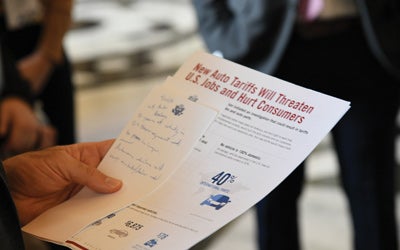
Guiding the Administration on Workforce Training
NADA is also using its influence and reach to address a key issue facing dealers nationwide: the workforce shortage.
In August, NADA and ATD leaders met with the White House to discuss the NADA Foundation’s own Workforce Initiative to promote the value of careers at new-car dealerships—especially service technicians—and to explore ways in which the administration, NADA and franchised dealers across the country could work together to help solve the urgent skills crisis affecting auto retailing and other industries.
That meeting was followed by a November discussion with President Trump and senior administration officials on the administration’s comprehensive workforce development efforts, including the establishment of the President’s National Council for the American Worker and the American Workforce Policy Advisory Board. NADA’s 2018 chairman, Wes Lutz, and incoming 2019 chairman, Charlie Gilchrist, joined other business leaders at the White House for those talks and praised the administration for its efforts.
“Some of the best-paying and most stable jobs in America don’t require four-year college degrees but are instead had by smart, hardworking people who get trained on the job and at technical schools. We need them at my dealership and I applaud President Trump for prioritizing this key issue,” says Lutz.
Commitment to Fair Credit
Even after Congress acted last year to rescind the Consumer Financial Protection Bureau’s (CFPB) 2013 flawed auto lending guidance, NADA remained busy reminding regulatory agencies and other stakeholders that there is still work to be done to promote fair credit and consumer competition. “Simply put, the CFPB guidance is gone, but the anti-discrimination laws governing lending, like the Equal Credit Opportunity Act (ECOA), are not,” says Lutz. That’s why the NADA created the voluntary Fair Credit Compliance Policy & Program to help dealers abide by the nation’s fair credit laws while preserving flexibility for dealerships to allow customers to benefit from today’s intensely competitive vehicle-financing market.
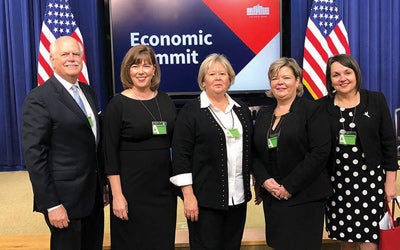
At the White House Economic Summit. NADA President and CEO Peter Welch, NADA Foundation Chairwoman Annette Sykora, NADA Director Michelle Primm, truck dealer Nancy Hunter and ATD Chairwoman Jodie Teuton (left to right).
Repeal of the Federal Excise Tax on Heavy-Duty Trucks
The American Truck Dealers (ATD), with support from NADA, is leading the charge to repeal the 101-year-old federal excise tax (FET) on heavy-duty trucks.
Two bills have been introduced in Congress—H.R. 2946 and S. 3052—and are garnering bipartisan support, thanks in part to ATD and a truck industry coalition that is urging Congress to revisit the tax.
“Now is the time to repeal the FET and replace it with a 21st century policy and revenue structure that meets the needs of our economy,” says Jodie Teuton, ATD chairwoman and vice president of Kenworth of Louisiana and Hino of Baton Rouge. “This tax discourages the deployment of today’s cleaner, safer and more fuel-efficient heavy-duty trucks.” Implementing the program is also unquestionably the right thing to do. Treating customers in a fair and consistent manner and strictly abiding by all anti-discrimination laws are central to the mission and success of dealers everywhere.
Voice of the Dealer
Congress and the administration are currently considering many other issues that affect the dealership industry, including autonomous vehicles, recalls and voluntary protection programs. NADA works hard to defeat unnecessary regulations and protect your business with advocacy efforts, including educating policymakers and the administration, building successful coalitions, and mobilizing its grassroots network on a range of issues. We need your help to make sure all of Washington hears from dealers. Use the online tools at nada.org/grassroots to contact your representatives and make your voice heard.


